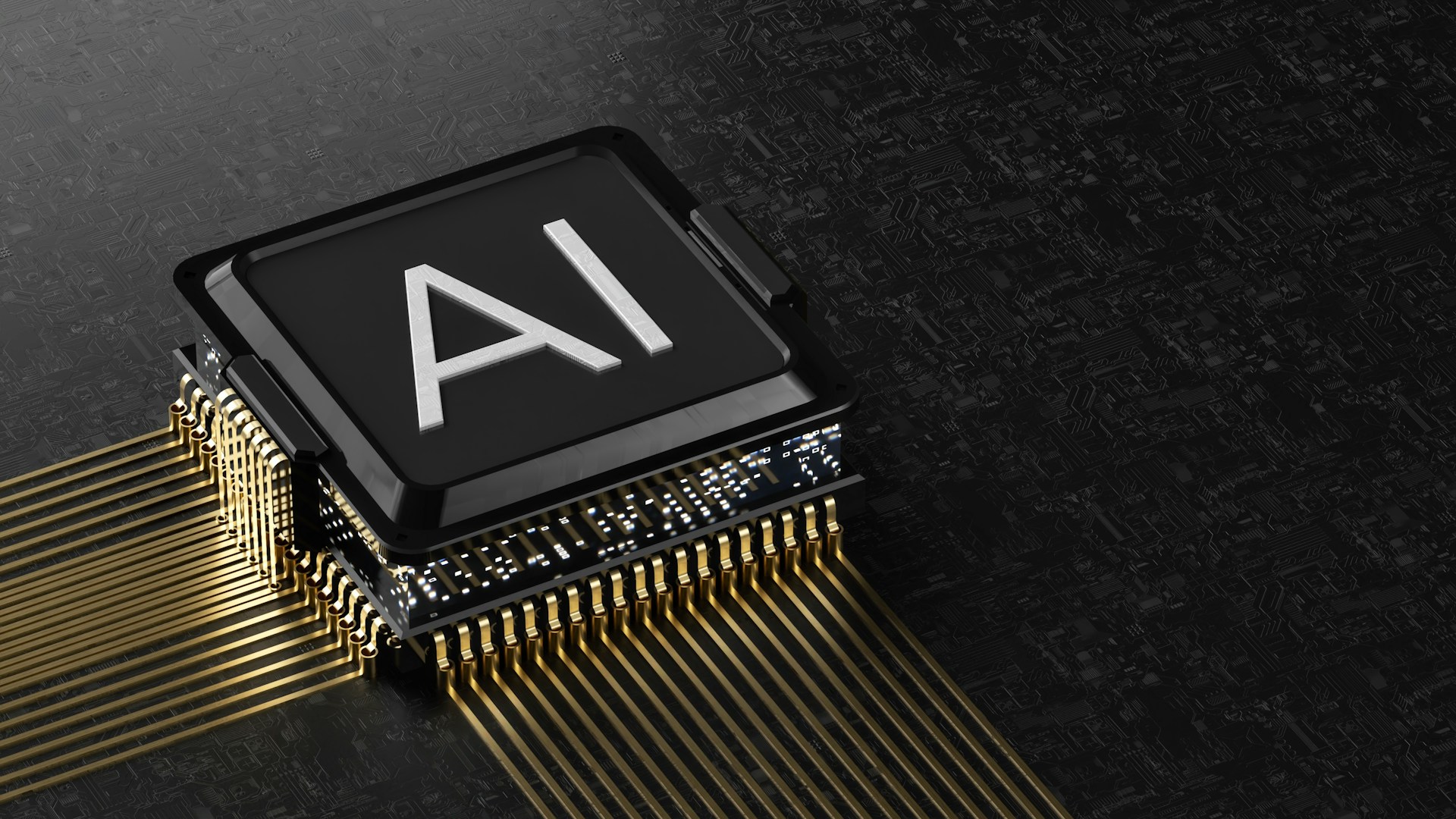

OpenAI will reportedly start producing its own artificial intelligence (AI) chips next year through a $10 billion partnership with Broadcom, aiming to reduce its heavy reliance on NVIDIA’s scarce processors.
The ChatGPT maker has been working with the semiconductor giant for over a year to design custom chips called “XPUs.” Mass production will begin in 2026, with initial shipments expected next year.
Broadcom CEO Hock Tan confirmed Thursday that his company secured a major new customer worth $10 billion in orders. Multiple sources familiar with the deal identified that customer as OpenAI, according to the Financial Times.
“The addition of a fourth customer with immediate and fairly substantial demand really changes our thinking of what 2026 would be starting to look like,” Tan said during the company’s earnings call.
OpenAI plans to use the chips internally rather than sell them to other companies. This follows the same path as tech giants Google, Amazon, and Meta, which have all developed specialized processors to cut costs and secure steady supplies.
The move comes after months of OpenAI CEO Sam Altman warning about processor shortages slowing the company’s progress. GPU scarcity has become a major bottleneck as AI companies compete for NVIDIA’s limited hardware.
“I’m pretty sure y’all will use every one we can rack up,” Altman wrote on X earlier this year, referring to GPU shortages affecting ChatGPT’s rollout.
Last month, Altman said OpenAI was prioritizing compute power “in light of the increased demand from GPT-5” and planned to double its compute fleet “over the next 5 months.”
NVIDIA currently dominates the AI chip market, but supply has tightened as more developers compete for its hardware. The shortage has forced companies to explore alternatives and plan months ahead to secure processors.
“If we’re talking about hyperscalers and gigantic AI factories, it’s very hard to get access to a high number of GPUs,” said Nikolay Filichkin, co-founder of Compute Labs. “It requires months of lead time and planning with the manufacturers.”
The custom chips will focus on inference — running AI models after they’ve been trained. They’re designed to complement rather than replace NVIDIA’s processors entirely.
Broadcom’s stock surged following the announcement. The company’s shares have risen more than 30 percent this year as investors bet on growing demand for AI infrastructure.
The partnership represents OpenAI’s latest effort to secure massive computing power. The company signed a $30 billion annual contract with Oracle for cloud hosting and has smaller deals with Google for additional capacity.
OpenAI is also developing its own data center project called Stargate, though progress has been slow.
The chip deal will begin contributing to Broadcom’s revenue during the summer of 2025, Tan said. HSBC analysts expect Broadcom’s custom chip business to grow faster than NVIDIA’s in 2026.
